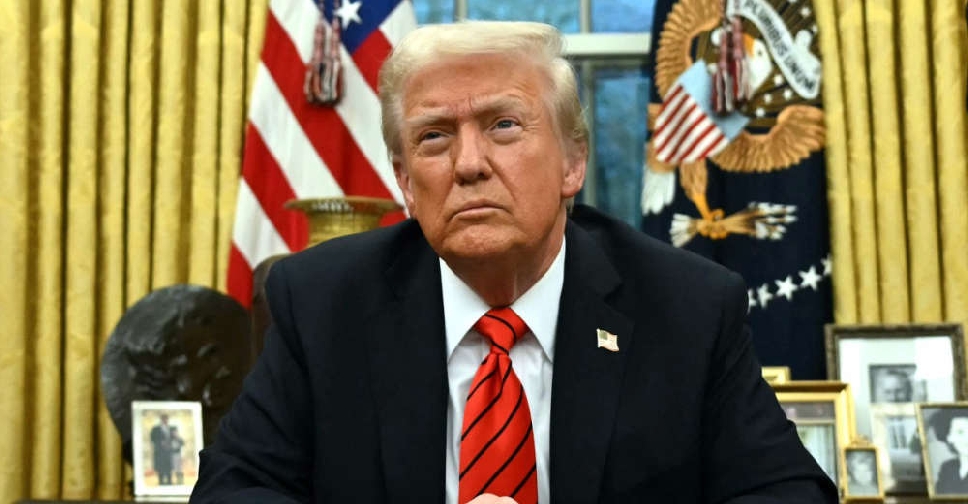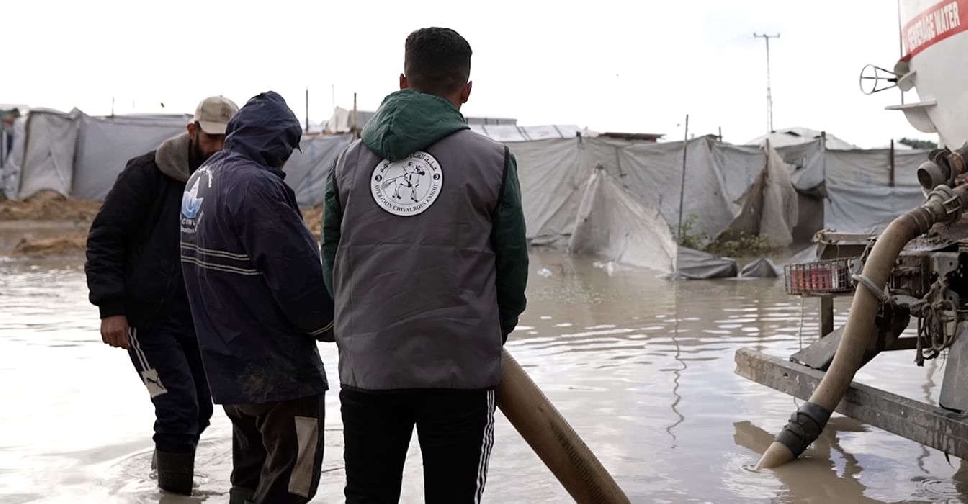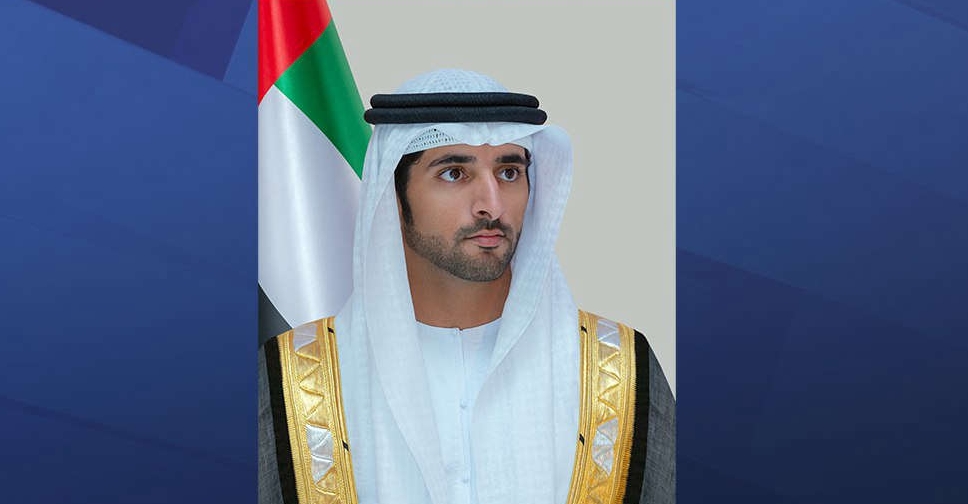
South African scientists have detected a new COVID-19 variant in small numbers and are working to understand its potential implications.
According to the National Institute for Communicable Diseases (NICD), 22 cases of variant B.1.1.529 had been recorded following genomic sequencing.
"Although the data are limited, our experts are working overtime with all the established surveillance systems to understand the new variant and what the potential implications could be," the statement quoted the NICD's Professor Adrian Puren as saying.
South Africa was the first country to detect the Beta variant last year.
Beta is one of only four labelled "of concern" by the World Health Organization because there is evidence that it is more transmissible and vaccines work less well against it.
The country detected another variant, C.1.2, earlier this year, but it has not displaced the more common Delta variant and still only accounts for a relatively small percentage of genomes sequenced.




 Trump adds seven countries to full travel ban list
Trump adds seven countries to full travel ban list
 Indian parliament votes to allow private firms in nuclear power sector
Indian parliament votes to allow private firms in nuclear power sector
 Doctors in England start five-day walkout during flu surge
Doctors in England start five-day walkout during flu surge
 Israeli settler kills 16-year-old Palestinian in West Bank, mayor says
Israeli settler kills 16-year-old Palestinian in West Bank, mayor says
 Paris' Louvre reopens partially but staff vote to extend strike
Paris' Louvre reopens partially but staff vote to extend strike



